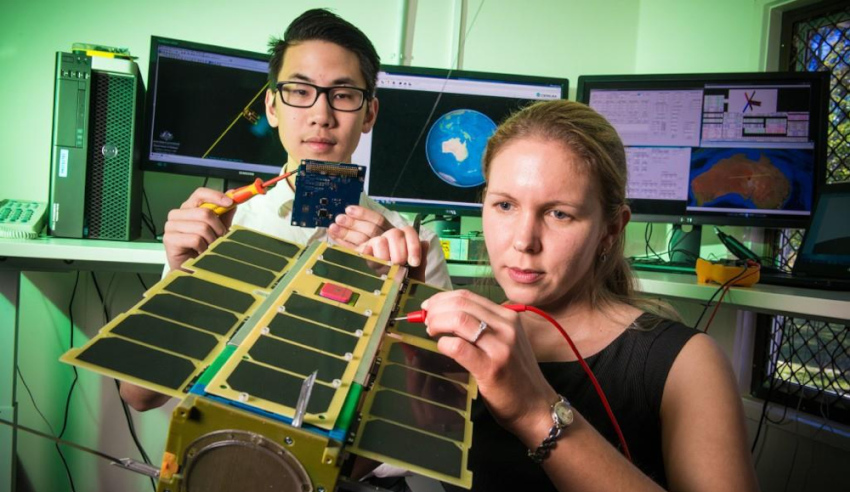Research and development in the defence space is having its moment, with the Defence Innovation Hub providing a much welcome spark to the Australian industry. But the question of how best to commercialise R&D remains.
Defence Connect spoke with Rear Admiral (Ret'd) Raydon Gates AO, CSM, Defence West's defence industry advocate, who said his role, and the role of his interstate counterparts, will require thorough analysis on how to successfully commercialise defence R&D in Australia.
"I think that's one of my roles as a defence advocate for this small team of Defence West over here, is to identify from the Defence White Paper and Integrated Investment plan, to do deeper analysis in that and have a look at the opportunities here," explained Gates.
"Because I know what I don't want to happen is that the research goes off and does not provide what defence is looking for, what the customer is looking for."
The former Lockheed Martin Australia and New Zealand chief executive recently hosted an event at Defence West with four of WA's leading universities, where this very issue was a hot topic. Gates said while the perfect solution may not yet be obvious, the universities' collaboration with other research groups is a step in the right direction.
"What I was very pleased to hear was that these universities are reaching out and engaging with the DST group, and trying to get, with them, a direction around their research," said Gates.
"I think that's one of the questions for all the universities, that's one of the things that I think DST group are going to be looking for, is the commercialisation of the research."
Gates added that the reality of any research is that it must hold up in the commercial space, and working with SMEs in the defence industry space will be crucial to getting this right.
"In the end, research has to be used as commercial space, be that medical, defence, whatever, for universities to realise the gain of what you've done through that research," explained Gates.
"I think that my exposure to the universities and to the industry is that this is still being worked out, and it's impressive to see that the people I met with weren't so much the academics doing the research but the people who were going to help them through business development, through co-ordination of commercialisation, that this research will get into a space that becomes useful to and much faster for universities. They're aware of that, and they're looking at, 'how do we do the business of research?' And I think that's ongoing.
"Defence hosted that meeting, the universities were keen to come here and share as a team, the team WA, with me, and with Defence West, and because Defence West taught the organisations like CDIC [Centre for Defence Industry Capability], those sort of organisations, act as the conduit between the SMEs and the universities.
"And in a lot of cases, of course, that I learnt through my time at Lockheed Martin was that the SMEs themselves are often research leaders. Maybe not in the same academic qualification as the university brings, but with that drive of necessity, 'how do I solve this? What can I do to solve this?' And often that is a side of SMEs and in a lot of cases are the incubators of innovation."



